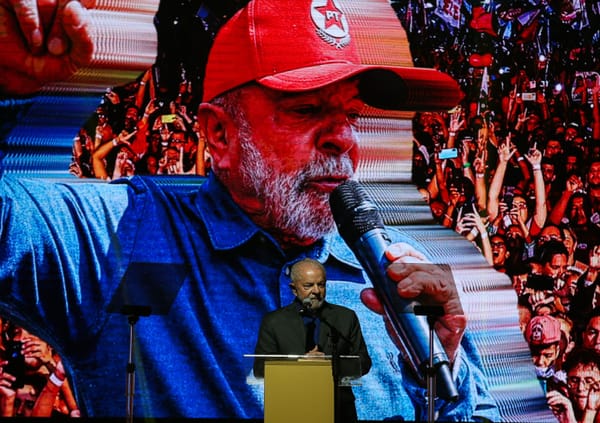Brazil’s election this Sunday is a plebiscite on democracy. This is what frontrunner and former President Luiz Inácio Lula da Silva (known as Lula) has sought to make it, and incumbent President Jair Bolsonaro has obliged him by, for instance, vowing only to leave office dead. The incumbent has spent the past year sowing seeds of distrust in Brazil’s electronic voting machines. Should the election go to a run-off, the intervening month will be nail-biting, with the threat of political violence hanging over it.
Fortunately for those hoping to avoid such a scenario, Bolsonaro looks guaranteed to lose. According to leading pollsters, Lula’s Workers Party, or PT, may win a first-round landslide. It would be the first such victory since 1998: The past five elections have all required a second round. Should one be needed, Lula is also set to win comfortably on Oct. 30. Assuming that widely anticipated outcome, the question then becomes: What sort of a democracy are the PT and its coalition partners promising to preserve?
Lula’s likely victory is the culmination of an unlikely comeback. He spent 580 days in federal prison before his release in November 2019, and only regained his right to run for office after his conviction was overturned last year. Following a decade of chaos, Lula is now favored by the Brazilian establishment and the poor majority alike for his promise to restore political stability and material comfort.
"[Lula's] reputation as a steady hand contrasts with his earlier career."
